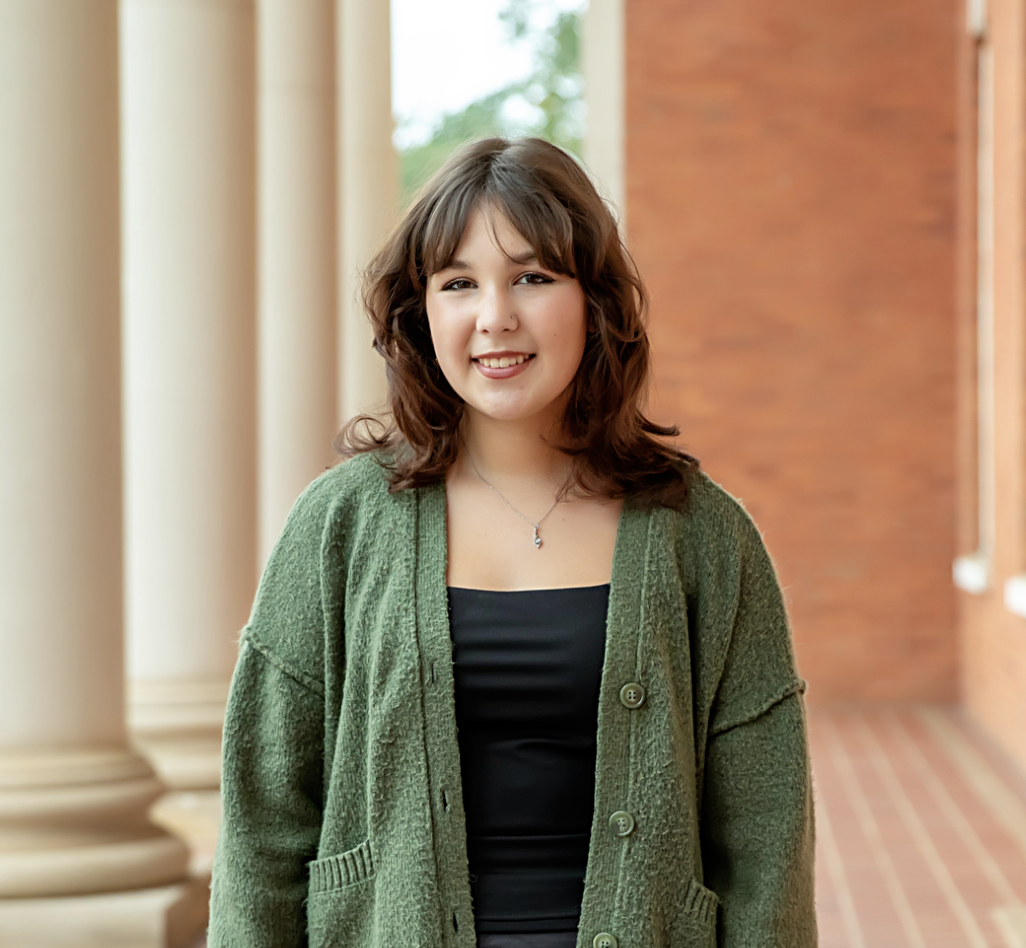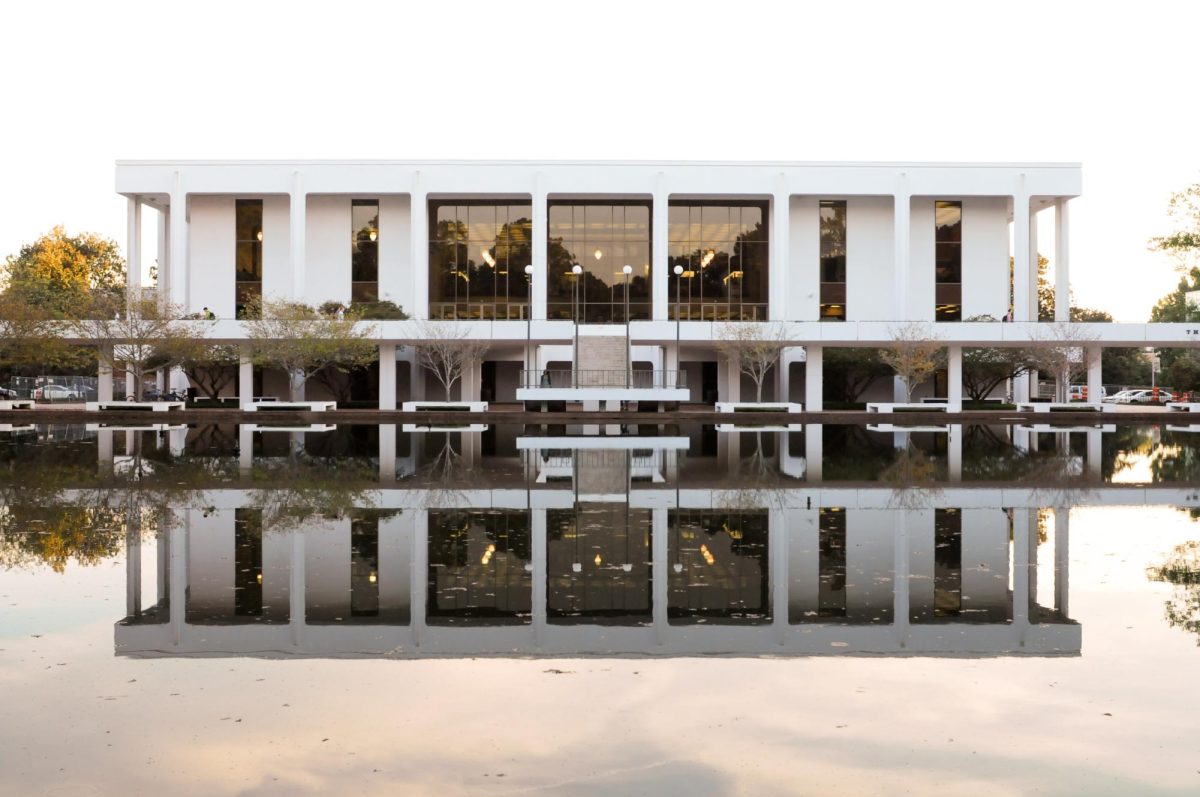One of my pet peeves is the way the tribalism, which modern humans inherited from our caveman forefathers, shapes modern political discourse. However, I regularly fall short of the ideal dialectic I wish existed in America and across the world.
One such failure is why I felt torn this past week about a completely obvious issue where my stance should have been clear. This issue was the persecution of Ross Abbott and the campus chapters of Young Americans for Liberty and College Libertarians by their host university, the University of South Carolina.
My initial response was, “Hah, serves them right for going to USC.” My second response was, “This is an important issue for all colleges and there’s not much evidence that Clemson would do any better.” My third response was feeling like trash due to my first response.
Though I’d like to write about these feelings, where they came from and what to do about them, that isn’t my purpose. This article is to express solidarity with Abbott, YAL and College Libertarians, as well as to offer an alternative to the calls for bans against speakers, suspensions and disciplinary action that are all too common on American college campuses.
For those who haven’t heard, last fall, two USC-based libertarian student groups partnered to host an event opposing campus free speech restrictions. The USC staff, apparently failing in magnificent fashion to comprehend the irony of their actions, declared the event “discriminatory” after several students complained that some of the displays were “offensive” and “triggering,” in spite of the fact that the groups had received approval ahead of time from the staff, their demonstration was confined to the campus’ (blatantly illegal) “free speech zone” and USC’s marketing material promises a “No Limits” experience.
To add injury to insult, the USC staff then delivered a “Notice of Charge” letter to Abbott. This notified him that the university was undertaking an investigation against him which, if it found him guilty, would lead to disciplinary action, possibly including expulsion.
In response, Abbott called upon the First Amendment badasses at the Foundation for Individual Rights in Education who initiated a suit against USC as the twelfth case in FIRE’s national Stand Up For Speech Litigation Project which has yet to be defeated in court. USC has since stopped the investigation but FIRE, YAL and College Libertarians are going ahead with their suit against USC.
Though Clemson hasn’t had a major free speech controversy for almost three months (a fantastic record by the standards of American universities), we still have a red light in FIRE’s database of American universities due to our overly broad and vague anti-discrimination and anti-harassment policies.
We have this rating in spite of Clemson’s own cadre of First Amendment badasses including political science Professor Bradley Thompson, astronomy and physics Professor Bradley Meyer and history Professor Alan Grubb who cosigned a letter in defense of open discourse on Clemson’s campus in early 2015.
In addition to their letter, there have been several cases recently of Clemson students and faculty responding appropriately to exposure to speech they found objectionable. In the past few weeks, Clemson University Student Senate incumbent Mitchell Gunter, as part of his reelection campaign, placed posters on various notice boards after receiving approval from
the staff.
These posters featured Gunter under the word “Liberty” in bold-faced text while he stood in front of an American flag, holding a copy of the U.S. Constitution in one hand and a rifle in the other.
Professor Chenjerai Kumanyika, on seeing the posters, took to Facebook to express his disapproval. He saw the poster as making light of gun violence, a problem which impacts the African-American community especially hard.
Gunter replied and a brief, civil dialogue occurred in which neither side really gave any ground. Gunter also gave FOX Carolina a brief interview and hosted an event where he gave out the posters while he did his engineering homework.
Earlier in the semester, Kumanyika and his friend A.D. Carson protested a rally being held by candidate for Republican presidential nominee Donald Trump. Kumanyika attended the rally dressed in traditional Islamic dress and both were thrown out while Trump was signing autographs and mingling with voters. They recorded the incident and posted an edited version to social media where it went viral.
Ken White, lawyer and First Amendment badass who blogs at Popehat.com said in an article for the blog, “Now, some marketplace [of ideas] responses — some criticism and consequences for speech — display a fundamental intolerance for dissenting views. Some marketplace responses are premised on ignorance or prejudice. The proper way to deal with that is with more speech, trying to win more in the marketplace over to your view.”
Kumanyika, Carson and Gunter deserve to be praised along with Thompson, Meyer and Grubb because, when they saw speech they didn’t like on campus, their response was not censorship—it was more speech. Kumanyika never called for Gunter to be expelled or barred from office in student government. Gunter never called for Kumanyika to be fired or denied tenure. Kumanyika and Carson never called for Trump to be barred from South Carolina or otherwise prevented
from speaking.
Instead, they undertook campaigns to persuade others that they were right and their opponents were wrong, or at least misguided. They never resorted to USC-style censorship of ideas they found objectionable.
I and many others find the wave of anti-liberalism sweeping American universities disconcerting. When college students—the lawyers, journalists, judges and politicians of tomorrow—find it preferable to silence their opponents using the authority of those capable of enforcing censorship, American liberalism will be facing a crisis of McCarthian proportions.
But if we can learn from the examples of Kumanyika, Carson, Gunter, Thompson, Meyer and Grubb, if we can learn to answer bad speech with more speech rather than censorship, there is reason to hope.







